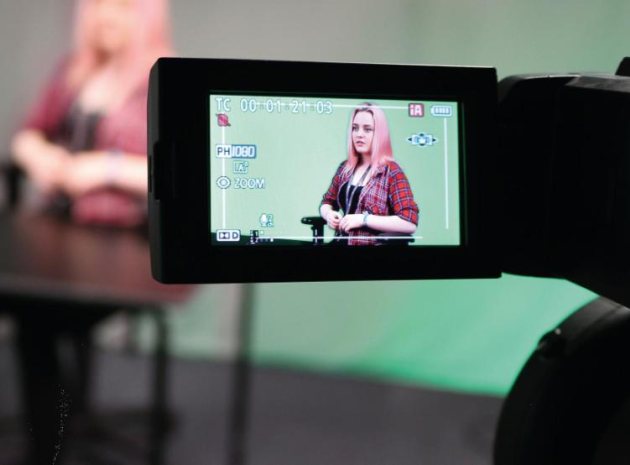Most teachers would vehemently agree that there is more to education than simply preparing young people to enter the workforce; however, equipping students with the appropriate skills and understanding they will need to build a successful and happy life for themselves once they have completed their years of statutory schooling is a crucial part of what every school must do – and it seems that at the moment, and for a variety of reasons, many establishments are failing in this regard. In fact, in 2014, a survey by the British Chambers of Commerce revealed that an astonishing 88% of businesses considered school leavers to be unprepared for the workplace – with over half of them (54%) thinking graduates are not work ready either. Its conclusion was that stronger links need to be formed between educators and businesses, in order to address the so-called ‘skills gap’; building the kinds of relationships that Studio Schools have been nurturing since they were first added to the state system in 2010.
Situated within an 19th Century workhouse near Blackburn, Lancashire, Darwen Aldrige Enterprise Studio (DAES) is just one example of such a school, having opened its doors in September 2014 to provide 14-19 year olds of all abilities with a new and exciting, professional way to learn.
The studio school, part of the wider Darwen Aldridge Academy, offers a range of education qualifications such as GCSEs, BTechs and A Levels in a variety of subjects, with an emphasis on the creative and digital sectors – two areas of massive growth within the UK economy, yet both increasingly marginalised in many standard secondary schools.
Assistant Principal Colin Grand proudly emphasises DAES’s objectives in relation to professional learning, work experience, and life skills. “We focus on developing our students’ employability and life skills through work experience and work placements, providing intensive personal development and coaching,” he explains. “We have close connections with local employers, who are involved in all aspects of the curriculum; our students spend a significant amount of time each week in unpaid and paid work placements linked directly to employment opportunities in the local area.”
State of the art
During the £4.1m renovation of the Grade II listed building in which it now resides, DAES’s visions for a state of the art 21st Century facility in terms of building design and technological equipment were clear. “We wanted a professional, industry standard media recording studio so as to enable our creative, media and photography students to gain hands-on experience of the equipment they will use in their potential workplaces upon completing their education,” says Grand. “We felt it was pertinent to ensure that they aren’t just learning ‘about’ the industry, but how to do the job in hand using the actual equipment that they would be faced with when the time comes.”
To this end, DAES engaged educational AV specialists, CDEC, to bring to fruition a fully installed, industry standard media production studio on site. Including two Panasonic AG-AC8 full HD cameras, a control booth and full HD vision mixer with ability to record and stream the output, the studio can incorporate the use of live green screen and virtual sets. A metaSETZ TLC-4S Tally Controller camera tally lets the presenters know which camera is live and also includes basic communication between the control booth and the camera operator… this is every bit the setup of a professional TV studio.
“It’s the exact equipment, if not better, than what you’d find at creative production companies, TV studios and so on,” confirms Grand. “This enables our students to gain real life, hands on experience and results in them being more employable once their education is completed – as potential employers will recognise they are already trained and skilled in the area.”
Real results
There’s clear evidence as to how DAES’s recording studio facility, and the way in which it is used, is supporting the delivery of the curriculum in regards to creative digital media whilst allowing students to obtain employability skills.
“We have lots of projects running within the creative digital arena such as stop motion, 2D animation, and so on and this facility enables us to do so in a much more professional environment,” Grand points out. “One of the main benefits of the media studio is that we engage with local businesses to help them to create professional films and photography to promote their businesses. This helps us to promote the school within the local area and promote the facilities that we’ve got here, but more importantly it allows our students to work on real projects for real businesses and get first-hand work experience whilst completing their studies.”
Grand believes without the expertise of a professional firm with proven experience, these outcomes would not have been achieved as effectively. “At every stage of the way, CDEC really supported us with this transition of creating our media studio,” he observes. “Right from the initial concept , where they were very open to listening to our ideas and our vision. We did not want this to feel like a school facility, we wanted it to be an industry standard facility. CDEC helped guide us with advice and information as to the best and the most appropriate equipment to meet our requirements, and they helped us plan and focus on what would be essential. They offered an exemplary service, with fantastic expertise and guidance delivered in a very personal approach.”










